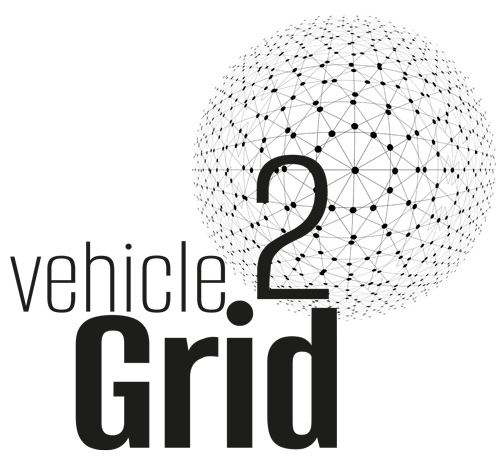State of the art electrode manufacturing lines still rely on discontinuous slurry production processes. Especially with the increasing demand for battery electrodes the extrusion process for continuous slurry production with its tremendous benefits has caught the interest of both public research and industry. Twin screw extrusion lines combine superior scalability with short processing times and decent dispersing efficiency in a comparatively small form factor. The continuous volume flow opens new possibilities for process control strategies using in-line characterization methods for process and product control purposes.
Industrial processes require the definition of predefined quality gates to ensure a consistant product quality. Based on these quality gates the process has to be monitored to identify possible faults and inconsistencies. Especially for continuous processes, given the short residence times, real time product monitoring using in-line sensors is key for quality control purposes. In context of smart/ autonomous manufacturing the nearly unlimited data collection by those sensors is a key aspect for databased approaches.
This presentation will provide insight into the prospective of scalability and control strategies for continuous slurry production using twin screw extruders. This includes results of process studies regarding the scalability and dispersion efficiency as well as the introduction of continuous in-line product monitoring of battery slurries. During the presentation the attendees will gain knowledge about the most crucial process parameters for extrusion and prospects for the scalability options in extrusion processes. Two concepts for process control strategies will be introduced and discussed using the most recent results in this field of research.

